News
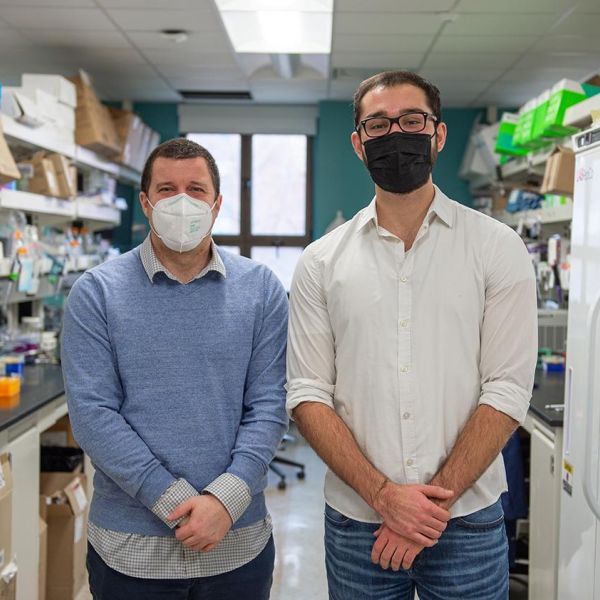
Jul 08, 2024
Re-engineering cancerous tumors to self-destruct and kill drug-resistant cells
A team led by Penn State researchers has created a modular genetic circuit that turns cancer cells into a “Trojan horse,” causing them to self-destruct and kill nearby drug-resistant cancer cells. Tested in human cell lines and in mice as proof of concept, the circuit outsmarted a wide range of resistance.
Full Article
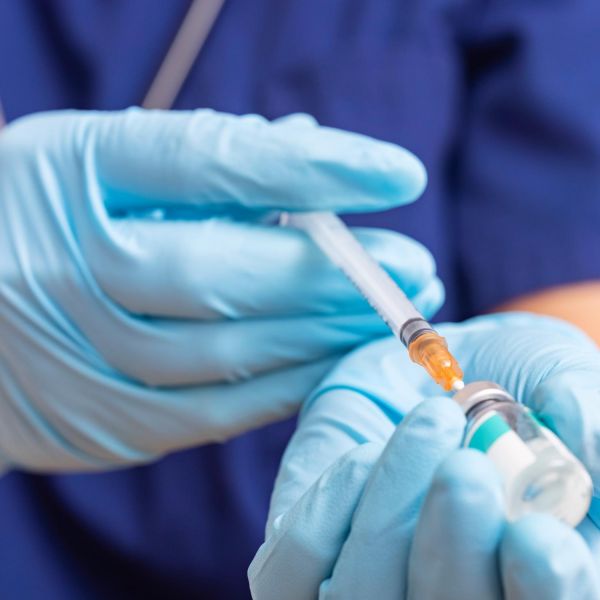
May 30, 2024
Local disparities may prevent national vaccination efforts for rubella
When public health officials make policies about when and how vaccination programs are implemented, they must weigh the benefits and risks of how infectious diseases spread throughout the country. However, these analyses are often based on national-level data and, in some countries, may overlook nuances at the local level.
Full Article
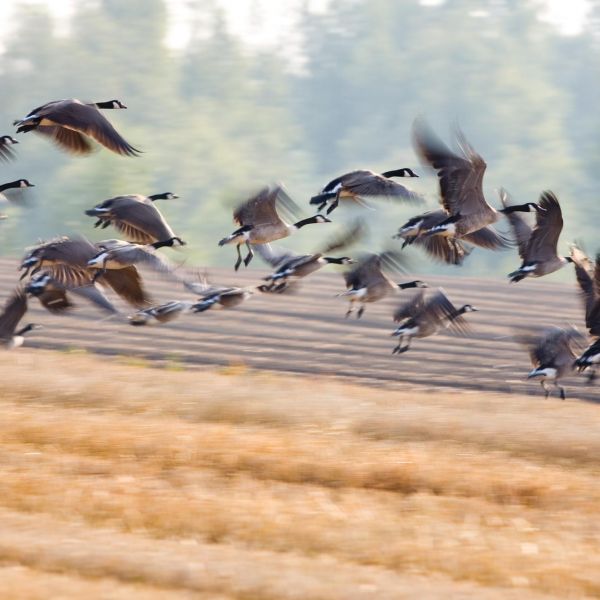
May 20, 2024
H5N1 virus from 2022 mink outbreak capable of inefficient airborne transmission
Highly pathogenic H5N1 avian influenza was detected in dairy cattle for the first time in the United States in March, with nine states reporting outbreaks by May. While the method of transmission among cattle is currently unknown, new research demonstrates that a related strain of H5N1, which caused an outbreak in farmed mink in 2022, could transmit through the air to a limited number of ferrets.
Full Article

May 06, 2024
Five faculty members honored with Evan Pugh University Professorships
Five Penn State professors—including Huck-affiliated faculty members Reka Albert, Vijaykrishnan Narayanan, and Clive Randall—have been named Evan Pugh University Professors, an elite and prestigious distinction conferred by the University on only 79 faculty members since the establishment of the designation in 1960.
Full Article

May 28, 2024
Réka Albert named Evan Pugh University Professor
Réka Albert, distinguished professor of physics and biology at Penn State, has been named an Evan Pugh University Professor, the highest honor that Penn State bestows on a faculty member.
Full Article
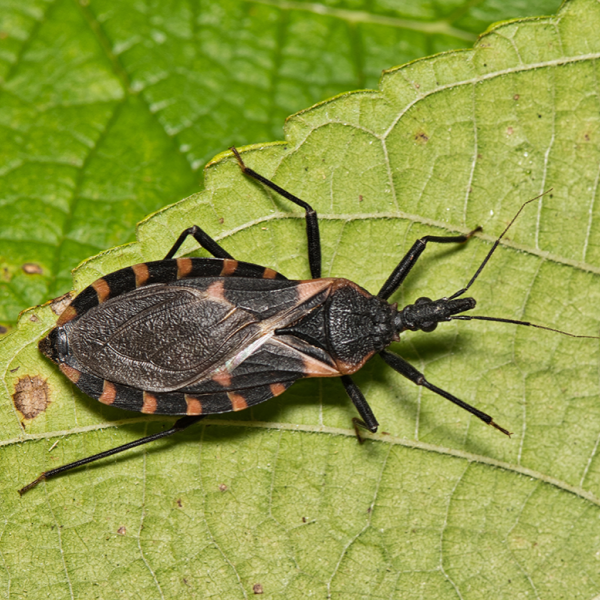
Apr 22, 2024
Kissing bugs, vector for Chagas disease, successfully gene edited for first time
Kissing bugs, or triatomine bugs, are the primary vector for Chagas disease. New research from an international team, including a Penn State researcher, demonstrates — for the first time — the use of CRISPR-Cas9 gene editing in kissing bugs and opens the door to research on applied strategies for Chagas disease control.
Full Article

Apr 17, 2024
Tracy Langkilde appointed interim executive vice president and provost
Tracy Langkilde, the Verne M. Willaman Dean of the Eberly College of Science, has been named interim executive vice president and provost of Penn State, effective April 15. Langkilde succeeds Executive Vice President and Provost Justin Schwartz, who has been named as the sole finalist for chancellor of the University of Colorado Boulder and will depart Penn State this summer.
Full Article
Apr 09, 2024
Podcast sheds light on the evolution of disease-causing pathogens
As the ever-growing number of Covid variants has made clear to the global public in recent years, disease-causing viruses can evolve incredibly fast. The same holds true for bacteria that cause many infectious diseases. Andrew Read was interviewed about his career as a prominent researcher in this field.
Full Article
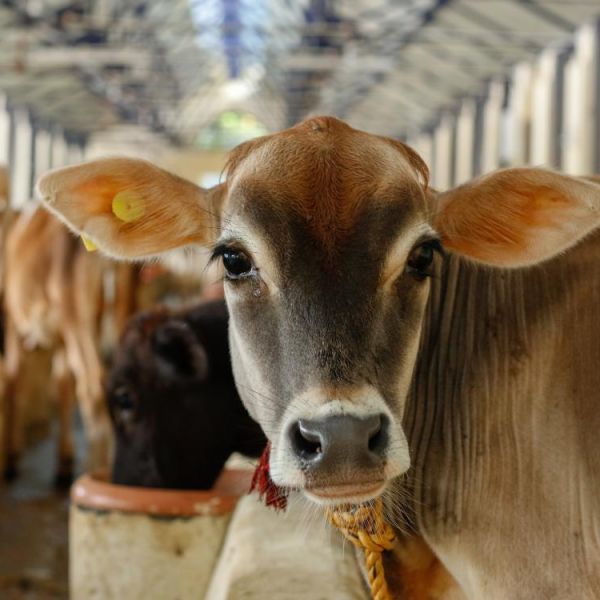
Mar 29, 2024
Vaccine protects cattle from bovine tuberculosis, may eliminate disease
Bovine tuberculosis (TB) is a livestock disease that results in large economic losses to animal agriculture worldwide. The disease can also transmit to humans and cause severe illness and death.
Full Article
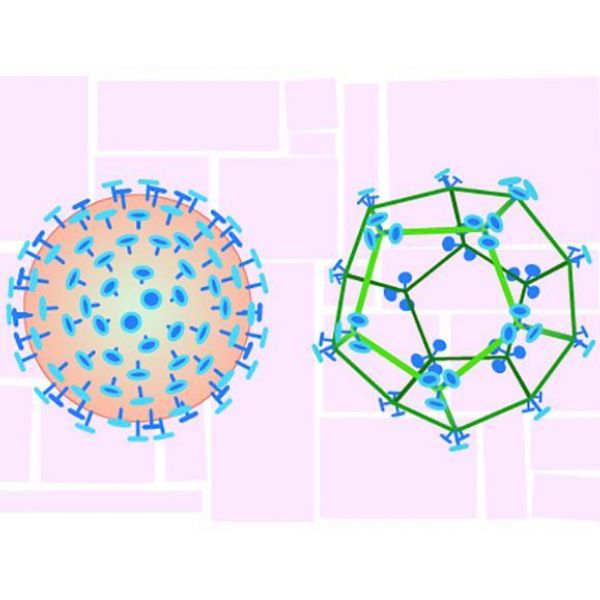
Mar 13, 2024
New nasal vaccine platform helps clear COVID-19 infections in an animal model
A newly developed intranasal vaccine candidate helps to clear COVID-19 infections more quickly than controls in pre-clinical testing, according to a recent study.
Full Article